April 23, 2024
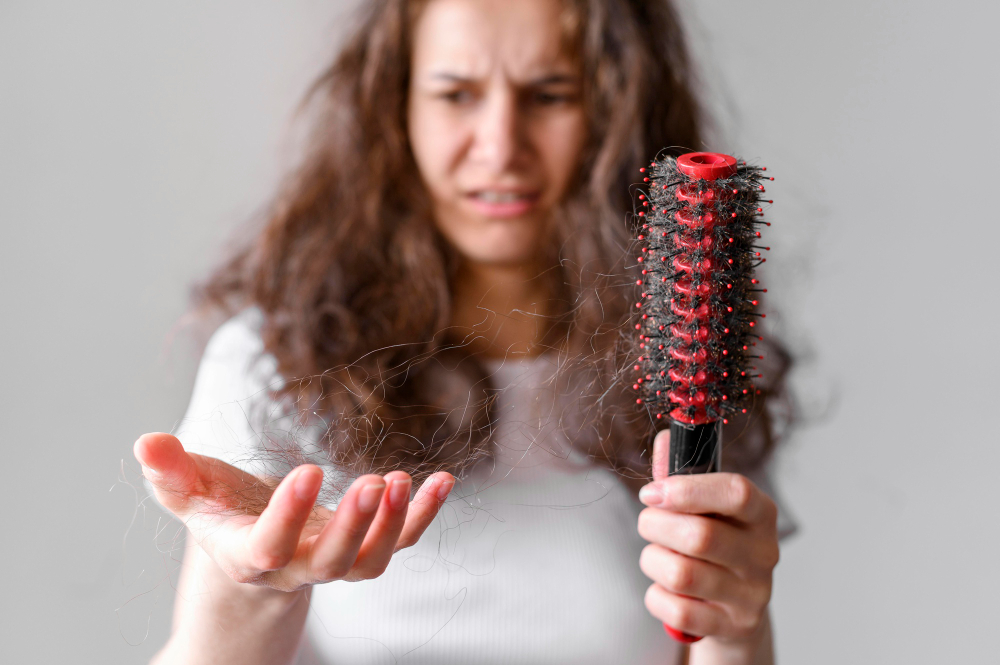
Hair loss, medically known as alopecia, is a common concern affecting millions of people worldwide. Whether it's due to genetics, hormonal changes, stress, or medical conditions, experiencing hair loss can have a significant impact on one's self-esteem and confidence. Fortunately, there are various treatments available to address this issue and promote hair regrowth. In this article, we will explore some of the most effective hair loss treatments and how they work. However, always seek professional advice and diagnosis from your doctor before deciding to use any method.
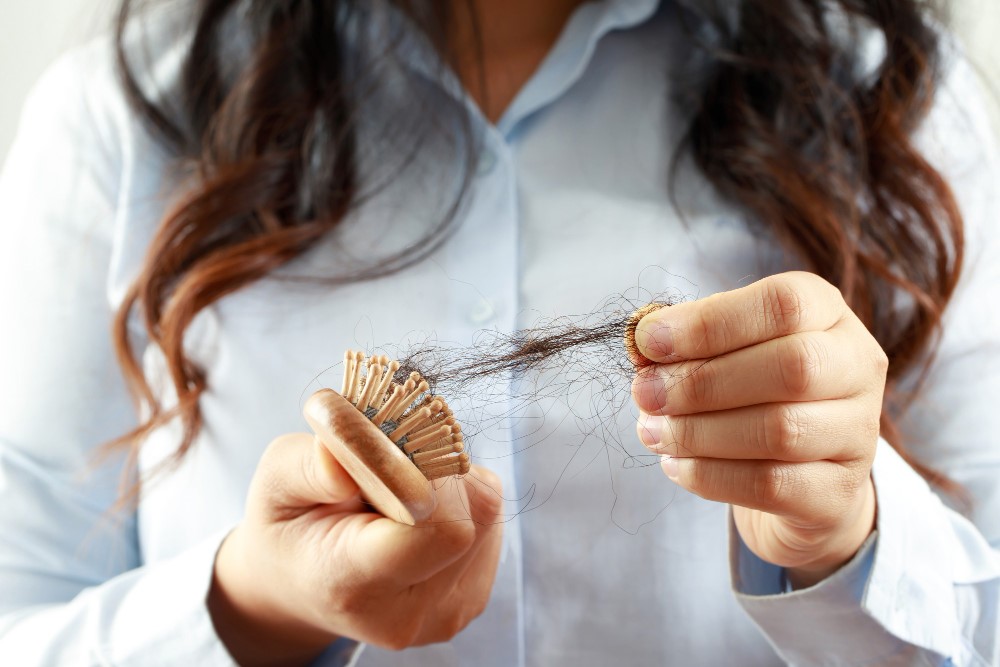
1. Over-the-Counter Medications:
Over-the-counter (OTC) medications, such as minoxidil, are widely used for treating hair loss. Minoxidil works by stimulating hair follicles, promoting hair growth, and slowing down hair loss. It comes in various forms, including topical solutions and foams, and is applied directly to the scalp. While minoxidil can be effective for some individuals, it may take several months to see noticeable results, and continuous use is often required to maintain the benefits.
2. Prescription Medications:
Finasteride, sold under the brand name Propecia, is an oral medication approved for treating male pattern baldness. It works by inhibiting the conversion of testosterone into dihydrotestosterone (DHT), a hormone that contributes to hair loss. Finasteride has been shown to be effective in slowing down hair loss and promoting hair regrowth in men. However, it may not be suitable for everyone, and potential side effects should be discussed with a healthcare provider.
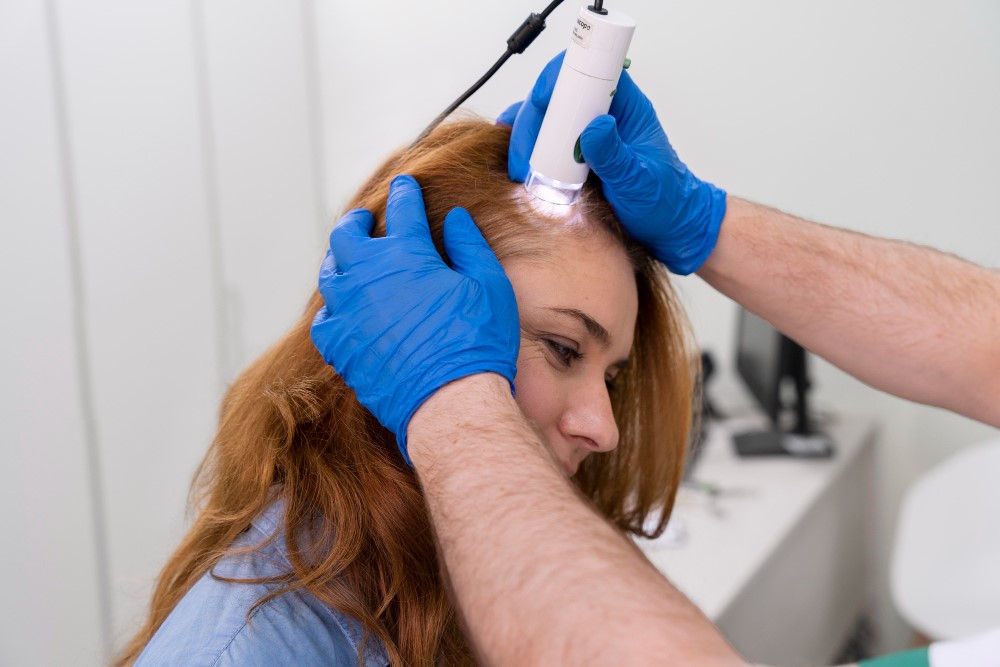
3. Low-Level Laser Therapy (LLLT):
Low-level laser therapy, also known as red light therapy or cold laser therapy, is a non-invasive treatment option for hair loss. It involves exposing the scalp to low-level laser light, which stimulates cellular activity and promotes hair growth. LLLT devices are available in various forms, including handheld devices and laser caps, and can be used at home or in clinical settings. While research on the effectiveness of LLLT for hair loss is ongoing, some studies suggest that it may help improve hair density and thickness.
4. Platelet-Rich Plasma (PRP) Therapy:
Platelet-rich plasma (PRP) therapy is a regenerative treatment that utilizes the patient's own blood to promote hair growth. During the procedure, blood is drawn from the patient and processed to isolate the platelet-rich plasma, which is then injected into the scalp. PRP contains growth factors and other proteins that stimulate hair follicles, improve circulation, and encourage hair regrowth. While PRP therapy is considered safe and minimally invasive, multiple sessions may be needed to achieve optimal results.
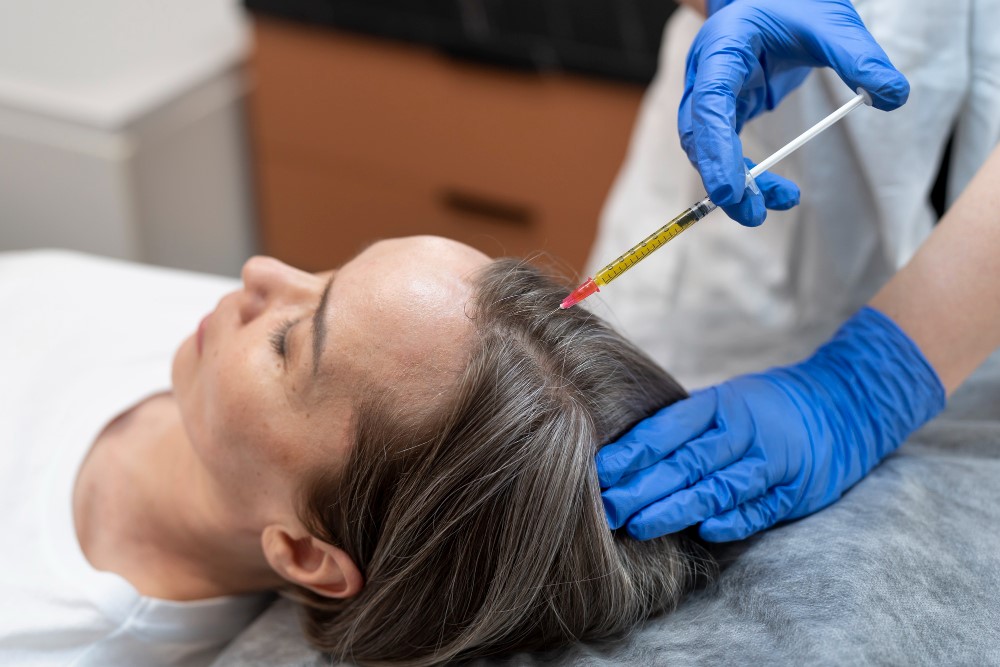
5. Hair Transplant Surgery:
Hair transplant surgery is a surgical procedure that involves removing hair follicles from one part of the scalp (the donor area) and transplanting them into bald or thinning areas (the recipient area). There are two main types of hair transplant techniques: follicular unit transplantation (FUT) and follicular unit extraction (FUE). While hair transplant surgery can provide permanent results and natural-looking hair growth, it is a more invasive and costly treatment option compared to non-surgical alternatives.
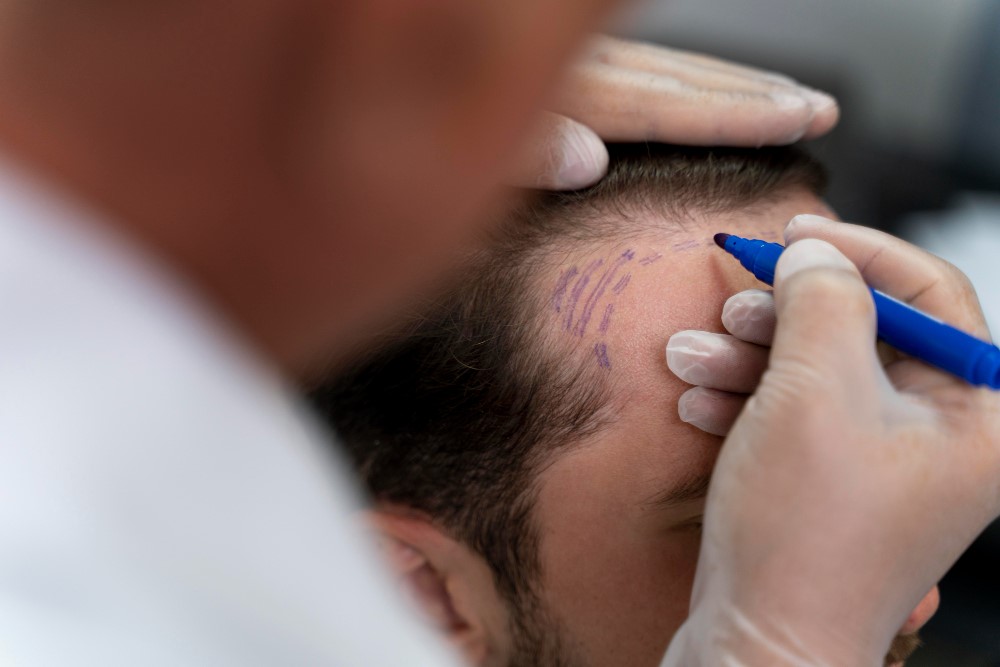
In conclusion, there are several hair loss treatments available, ranging from over-the-counter medications to surgical procedures. The most suitable treatment option depends on various factors, including the cause and severity of hair loss, as well as individual preferences and medical history. Consulting with a dermatologist or hair loss specialist is recommended to determine the most appropriate treatment plan for addressing hair loss effectively. With advancements in medical technology and ongoing research, the future looks promising for individuals seeking solutions to their hair loss concerns.
Related blog posts

Dermatology
The Growing Role of AI in Healthcare
Artificial Intelligence (AI) has become an integral part of modern life, with its influence growing rapidly, especially in healthcare.
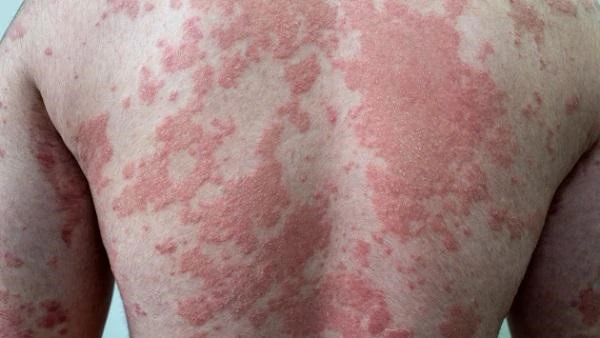
Dermatology
Understanding Psoriasis: Causes, Symptoms, and Treatment Options
Psoriasis is a chronic autoimmune skin condition that affects millions of people worldwide.
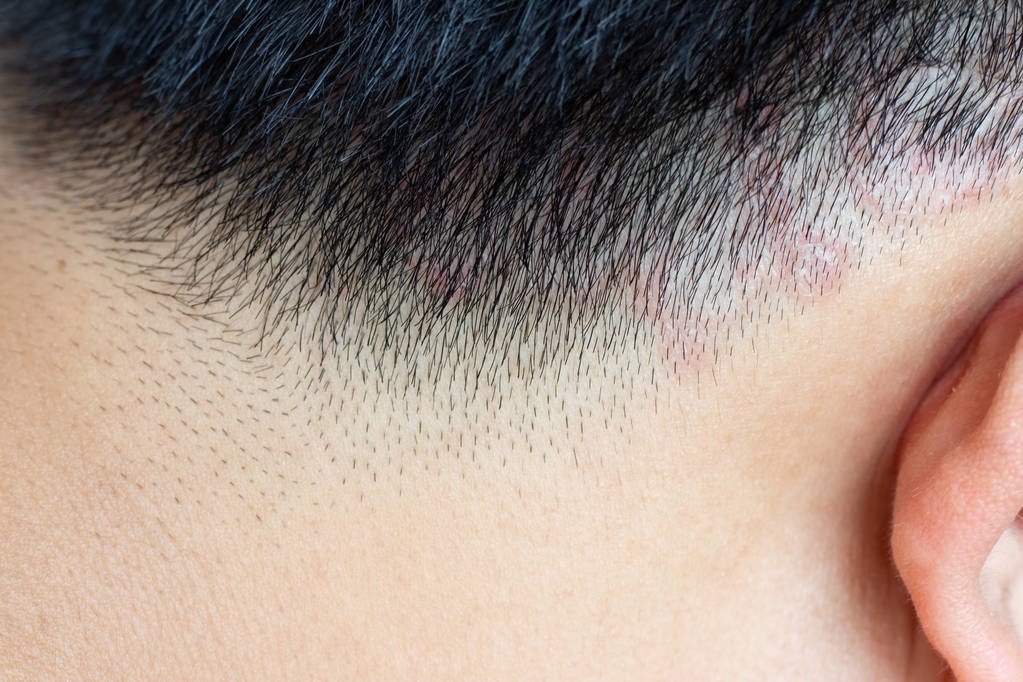
Dermatology
What is scalp ringworm?
Scalp ringworm is a fairly common skin condition. Let’s learn about scalp ringworm and how to treat it.